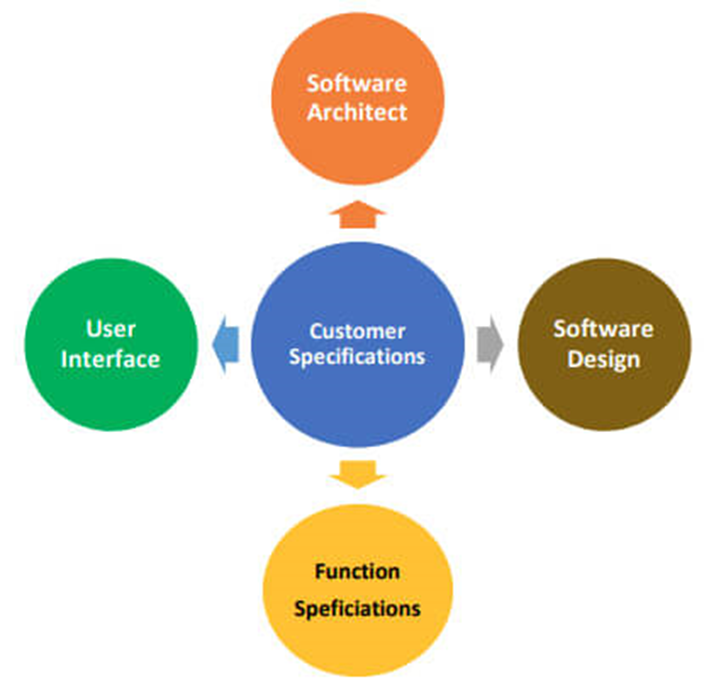What are the benefits of a team following DevOps practices?
DevOps is an approach to software development that combines two major software trends. Agile infrastructure, the first trend, applies Agile and Learn approaches to operations. The second trend acknowledges the value of collaboration between operations and development team members.
Software development teams use the DevOps approach, hoping to develop,
deploy, and continuously improve their products in a dynamic way. Ultimately,
DevOps attempts to bring to Agile that software isn’t complete unless it meets
the expectations of the end-user.
A successful DevOps pipeline requires team members to have
specific goals while also executing job functions within a larger effort.
Because of the delineation of roles in DevOps, team leaders need to understand
the roles and responsibilities of each team member. This way, leaders can
assign core employees or independent talent to fulfil critical job
functions.
This guide is an overview of the key roles that are typically included in
DevOps teams. In addition, you’ll learn how these roles contribute to the
overall collective effort and their impact on teams.
Image : https://www.upwork.com/resources/visualizing-devops-team-structure-roles-responsibilities
Many companies adopt the
DevOps strategy to make communication between developers and operations faster
and accelerate the software development phase while making business more agile.
To properly implement the DevOps methodology, you’ll need more than the right
tools. Having the right team is essential in finding success with DevOps.
Here are seven of the
essential roles in a DevOps team:
- DevOps
enthusiast: The DevOps enthusiast must promote the advantages of
DevOps to their team. They should identify and promote the benefits of
this method to the company. In addition, they must ensure collaboration
between the developers and operations.
- Release
coordinator: The release
coordinator focuses on the product’s management. Someone with this
position must coordinate the product’s release schedule. From the
development stage to the production stage, the release manager must manage
team members.
- Cloud
architect: The cloud architect
should automate DevOps and cloud solutions. They’re also referred to as integration
specialists because they analyze and implement deployment strategies
throughout the project. Someone with this position works to provide high
availability of the pre-production and production systems.
- Software
producer: The software producer
has many responsibilities. They handle creating, testing, distributing,
and monitoring the project. New code must be tested continuously and
automated. Otherwise, it becomes cumbersome, time consuming, and a more
difficult task.
- Quality
assurance: The quality assurance
(QA) professional, also known as the experience assurance
professional, is in charge of ensuring that the user experience is up to
par and that the final product fits all of the required specifications. In
DevOps, an emphasis is placed on an expert who reports bugs and goes
beyond that to ensure that the customer’s requirements are met.
- Security
specialist: The security
specialist works closely with software developers. Contrary to the
Waterfall development process, the security specialist works with the
development team from the beginning of the project. Someone with this
position ensures that the product is secure every step of the way.
- DevOps
engineer: The DevOps engineer is
an innovative role that’s responsible for cloud infrastructure
in IT services. This is a relatively new position that’s still evolving,
and it can be difficult to define. Essentially, this role requires someone
adaptable and willing to embrace cloud infrastructure.
Reference: https://www.upwork.com/resources/visualizing-devops-team-structure-roles-responsibilities


Comments
Post a Comment